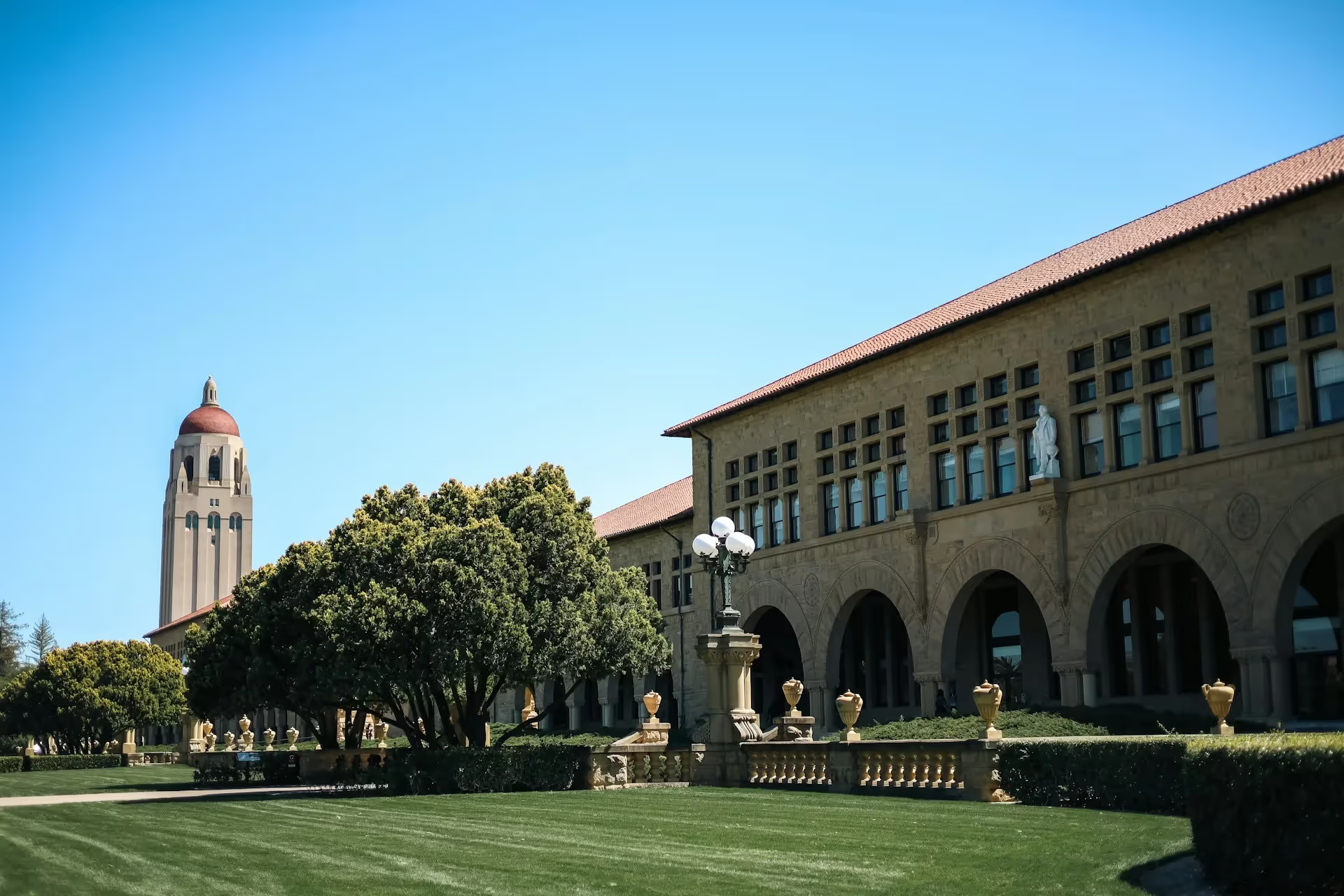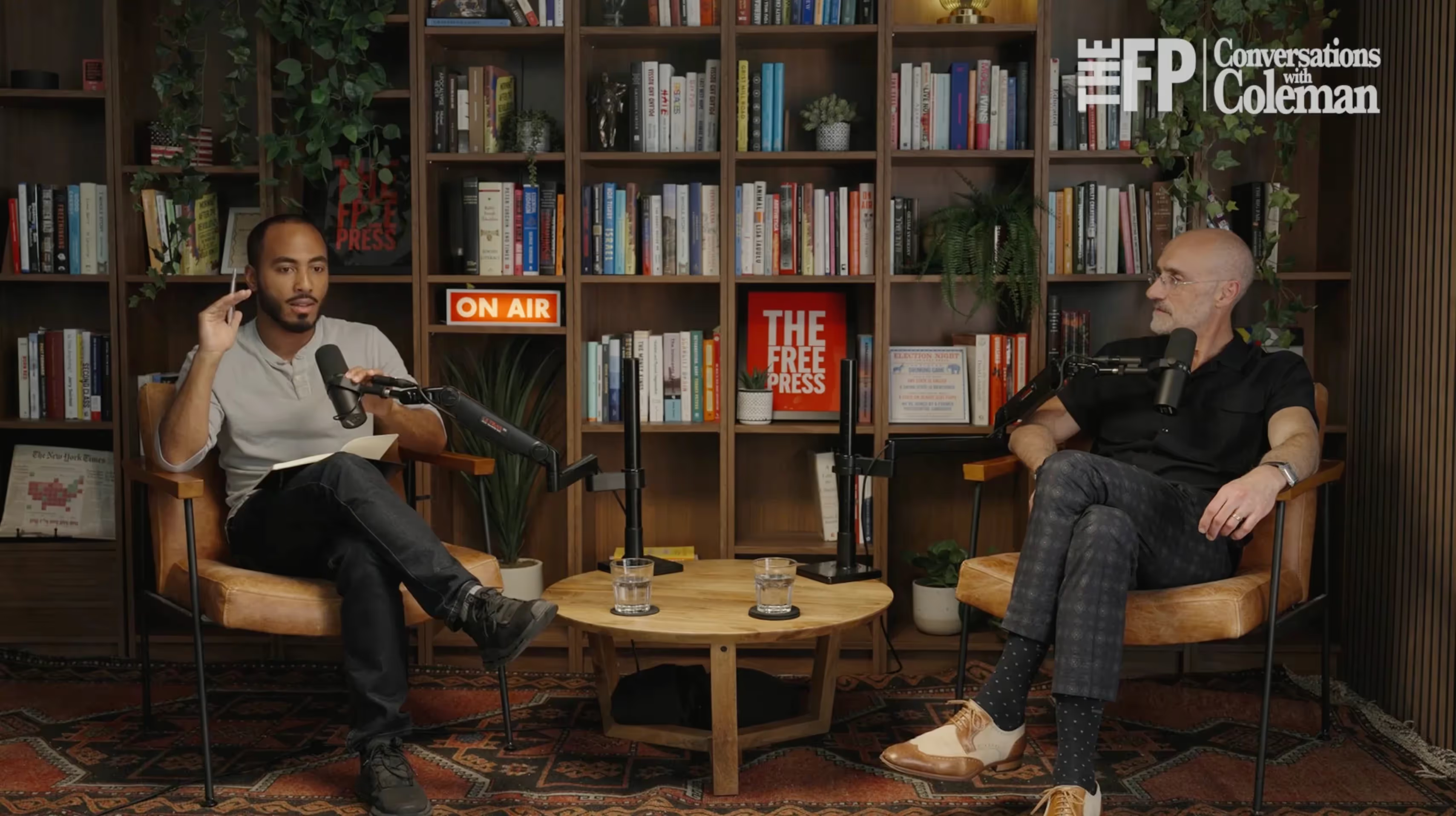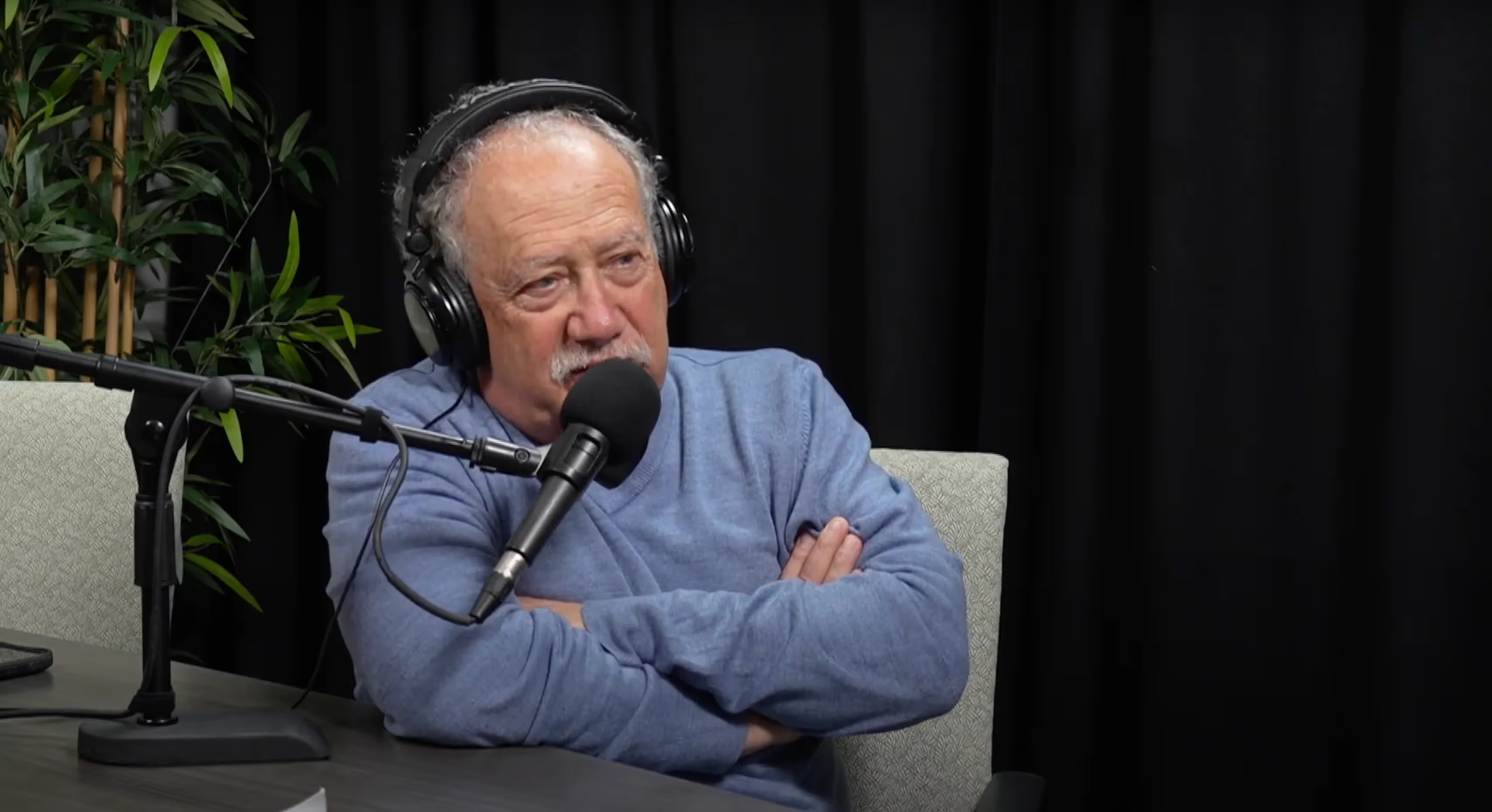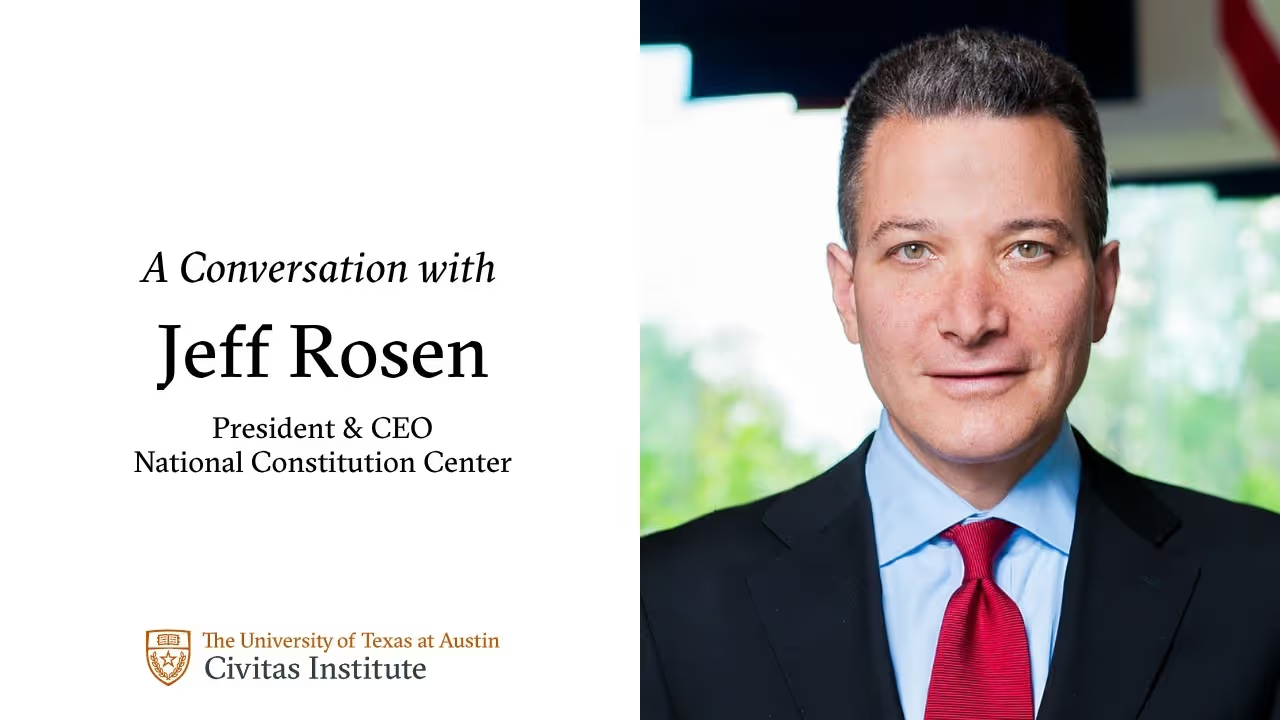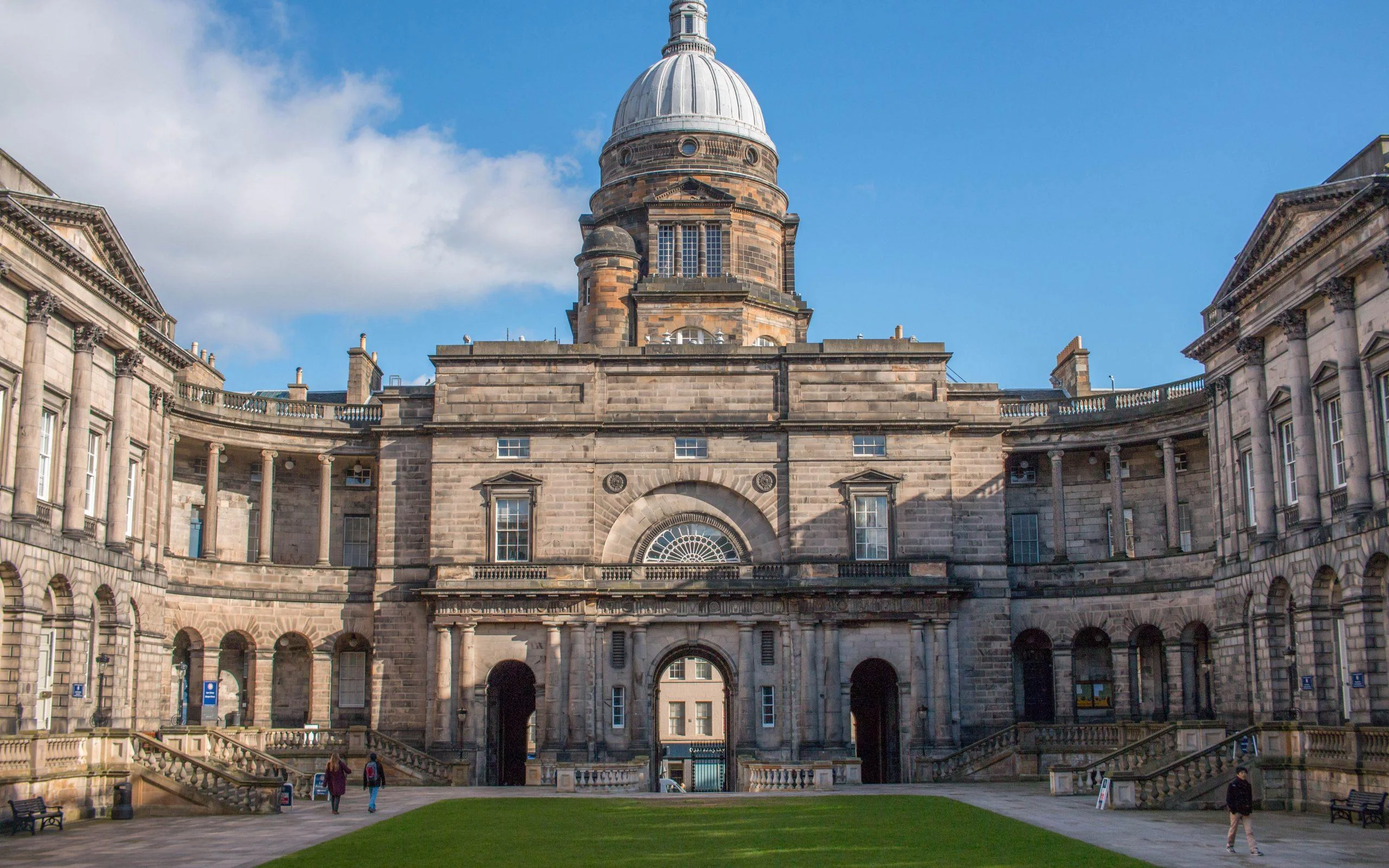
The Freedom to Speak and the Duty to Listen
There is much philosophical and ethical richness in Robert George's Seeking Truth and Speaking Truth.
In 1993, Professor Robert George shook the pillars of the liberal and analytical philosophical establishment with his book, Making Men Moral. Where Ronald Dworkin thought that the job of the state was to enable men to be equal; where Joseph Raz thought it was to enable men to be autonomous; and where John Rawls thought it was to enable men to be peaceable; George defended the old-fashioned view of Aristotle and Aquinas that the role of the state was to enable men to live lives of virtue. As Aristotle declared, “the law enjoins the living in accordance with each Virtue and forbids living in accordance with each Vice.” [Ethics, V]. And as Aquinas restated, “Law is given for the purpose of directing human acts, and insofar as human acts conduce to virtue, to that extent does law make man good.” [Summa Theologiae, I, II, q. 92, a. 1]
But in the history of moral philosophy, George was, in fact, not as old-fashioned as his critics claimed. Rather, he was applying the principles of the “new” natural law, which had burst upon the philosophical world with John Finnis’s Natural Law and Natural Rights in 1980. In those days, the sobriquet “new” was an insult, as traditionalist objectors saw in Finnis a revision of classical scholastic natural law. However, today, that debate has largely lost its relevance, as Finnis and his collaborator, Germain Grisez, persuasively argued that their explication of natural law was harmonious with, if not indeed rooted in, the words of Thomas Aquinas.
It seems to me that the best description of the Finnis/Grisez philosophy, which George is embracing and applying, is that it is, in the words of a critic of George, a “resourcement of Aquinas’s theory.”
In his new book, Seeking Truth and Speaking Truth, we can see where George has traveled from his Making Men Moral. In that early work, he sought to harmonize the liberal belief in rights (but not the liberal agnosticism on morals) with a perfectionist view of man. In the new natural law’s emphasis on a number of incommensurable human goods, and particularly the good of practical reasonableness whereby each person develops his excellence through and among these goods, the state necessarily must be limited in its coercive range. Still and all, George argued, the state’s proper role is to enable the exercise of human goods and suppress those vices which are, by definition, opposed to the good of all men.
George’s latest book demonstrates that he has remained true to the principles that he enunciated a quarter century ago, but that his thinking and, mutatis mutandis, his activities have grown in breadth and in depth. The great benefit of the new work is that it demonstrates the comprehensive nature of his moral and political philosophy. George is a patriot — no rejection of the founding’s liberal principles; an originalist — the Court should affirm natural law fundamental rights but only if they are or can be discerned to be in the text of the Constitution; a Vatican II Catholic — not decidedly a “post Vatican II Catholic;” a free market enthusiast — of the distinctive personalist variety; a Millian free speech advocate — defending the right of “wrong” opinions to be voiced; and a political activist — attacking intolerant universities; abortion; same sex marriage, and morally malignant medical practices.
In terms of breadth, George has been the kinetic force in creating a community of scholars pursuing the goodness of truth in all areas of human activity, most prominently in his establishment of the James Madison Program in American Ideals and Institutions at Princeton University, and its allied spin-offs in many universities throughout the country. In this very book, some of the essays are co-written with the nation’s most prominent thinkers in the applied and speculative natural law tradition. They include Patrick Lee, Christopher Tollefsen, Christopher Kaczar, Sherif Girgis, John Finnis, and Ryan Anderson.
There is much philosophical and ethical richness in these pages. Of note is the essay by George and Tollefsen, The Natural Law Foundations of Medical Law. On that principle hangs so many of the concerns of George and other natural law thinkers on questions of abortion, physician-assisted suicide, and gender modifications. So many of these harms are effectuated through medical practice. George and Tollefsen anchor the responsibility of the physician on the good that is to be pursued for the human person under the physician’s care. That necessarily excludes both intentional killing — as in abortion and assisted suicide — as well as violations of the integrity of the human body by gender modifications. However, of particular note is the authors’ distinction between patient authority and patient autonomy. In the former, the patient is rightly invested with the authority to determine what medical treatment is in the best interests of the patient. But “best interests” is a moral limitation of the range of patient authority. Patient autonomy, on the other hand, has no built-in moral limitation and is directed and limited solely by the patient’s will. Too often today, medical professionals see themselves solely as expert agents of the patient’s autonomous will, resulting in harm to the self and to others.
Whence comes the autonomous will that leads to so many human wrongs? George identifies it in his Preface, where he distinguishes between previous epochs as ages of faith or of reason, from the current “age of feelings,” which are, by nature, entirely subjective and not easily countermanded by arguments based on reason. In my Constitutional Law classes, I often hear students preface their expressed opinions with “I feel that.” To meet that subjective locution, in recent years I have forbidden two four-letter words in my classes: “feel” and “like” (my surprised students thinking that I was about to forbid two other four-letter words). To the modernist, however, feelings are self-authenticating and need no argument, nor are they subject to any argument for their validity.
George presses forward to defend the victims of the unrestrained autonomous will in the chapters, Human Embryos are Human Beings, and, with John Finnis, in their now iconic amicus brief before the Supreme Court, Equal Protection and the Unborn Child.
But something needs to be added here.
We natural lawyers work on the following syllogism: 1) all human beings are rights-bearing persons; 2) Embryos (or fetuses) are human beings; 3) Therefore, embryos and fetuses are rights-bearing persons. But our adversaries do not accept the major premise. Moreover, humans throughout history have always been reluctant to accept the major premise. When Aristotle attempted to account for the lower social status of women, slaves, or barbarians, he diminished their humanity. The tribe has always been the “natural” social construct in human history, and those outside of the tribe have always been seen to be less than fully human, the primary source of slaves, for example. The revolution that one should regard others as truly and equally human came not through reason (Aristotle disappoints), but through religion.
When Saint Paul wrote, “There is no longer Jew or Gentile, slave or free, male and female. For you are all one in Christ Jesus,” he was speaking revolution. The catholicity of Christianity propounded a radical equality not before seriously considered. In its later secular reiteration in the Enlightenment, the universality of humans as rights-bearing entities became a grounding principle of Western legal and political thought.
Today, however, as George himself repeatedly points out, there is a re-tribalization of society through identity politics. The “other” is the perpetrator, the threat. It follows that if the unborn child is seen as a threat (to a career, to a marriage, to one’s sexual freedom), it will, a fortiori, be less than human. Charging “dehumanization,” though accurate, has little purchase in this environment. The quest is to “humanize” the unborn, as St. Paul humanized what had heretofore been seen as irreconcilable opposites. And that, in fact, is what George attempts to do in his essay. He writes, “The pro-life view depends on an undisputed scientific fact plus a moral principle.” But the “moral principle” is unseen by a person with a tribal mentality and a victim sensibility.
But how to break through the instinctive “othering” of the unborn? Arguments from reason certainly convince some opponents, but the resistance remains stubbornly impermeable. I suggest that reflected-upon experience is the most persuasive route. Hence, ultrasounds of the woman’s unborn child have reportedly been the most persuasive evidence of the child’s humanity and personhood to the mother. Sympathetic concern by women in pregnancy crisis centers have almost certainly saved thousands of lives, as well as affirming the dignity of women who sought healing after an abortion. In other words, phenomenological perspectives may offer a more comprehensive understanding of the problem than classical syllogistic reasoning. I suggest that phenomenological epistemology had much to do with John Finnis’s persuasive reiteration of natural law. Voices like those of Edith Stein, Karol Wojtyla, and Dietrich von Hildebrand could greatly enrich the rationalistic defense of unborn life.
I limit myself in the remainder of this review to two other valuable and trenchant arguments in George’s book, besides the definitive treatment of natural law and medicine. The first is Professor George’s respect for positive law qua positive law, which he undoubtedly derived from studying under his beloved tutor, Joseph Raz. Natural lawyers are often prone to positivize positive law, that is, to make it a material thing unto itself, as the positivists themselves usually try to do. The danger in that tactic is to “Gnosticize” natural law, to view it as a Platonic form and positive laws as faint and imperfect reflections of natural law mandates.
George, in contrast, plumbs “the metaphysical status of the positive law,” in other words, to see that positive law has a nature of its own. Positive law is characterized by the order of “doing,” encompassing legislation, legal analysis, and practical reasonableness. Judges are not moral philosophers, but doers of the positive law, including the law of the Constitution. Thus understood, positive law is a moral restraint on judges, and therefore it is an integral element in what is appropriately called a polity based on the “rule of law.”
The last contribution I mention has become more particularly Robert George’s as of late. It is a moral imperative to listen. Professor Robert George has received numerous prestigious awards and honors throughout his professional life. And one can see that he genuinely enjoys those recognitions. A person receiving such accolades could easily and reasonably conclude that what others recognize in what one has done means that one’s positions are true. Certainly, George does argue that his positions are true. Further, as Justice Oliver Wendell Holmes, Jr. observed, “If you have no doubt of your premises or your power, and want a certain result with all your heart, you naturally express your wishes in law, and sweep away all opposition.” If indeed one wanted to “Make Men Moral,” one might agree. But in this, as well as many other positions of Justice Holmes, Robert George disagrees.
Partly, as an act of spiritual self-discipline, George declares that one must not only allow those who are in the wrong to express their views, but also truly listen to them with an open heart and an open mind. In a word, it is the practice of intellectual detachment from one’s own opinions as one’s own opinions. As he expresses it:
A sense of one’s own fallibility, that one could be wrong, even in one’s most fundamental beliefs, an openness of mind, a willingness to entertain criticism and engage critics — all these things are essential to the truth-seeking project.
He echoes John Milton’s classic argument in Areopagitica that for virtue to triumph, it can only do so in open contest with those who write approvingly of vice. At bottom, the right to freedom of speech in the First Amendment lies in the right of the listener to hear, to discern, to deliberate, and to decide.
This is why I believe that a more salubrious title to Robert George’s fine book should have been, Seeking Truth, Speaking Truth, and Listening for the Truth.
David F. Forte is Emeritus Professor of Law at Cleveland State University, Visiting Professor of Law at St. Thomas University, and on Faculty at the James Wilson Institute.
Pursuit of Happiness
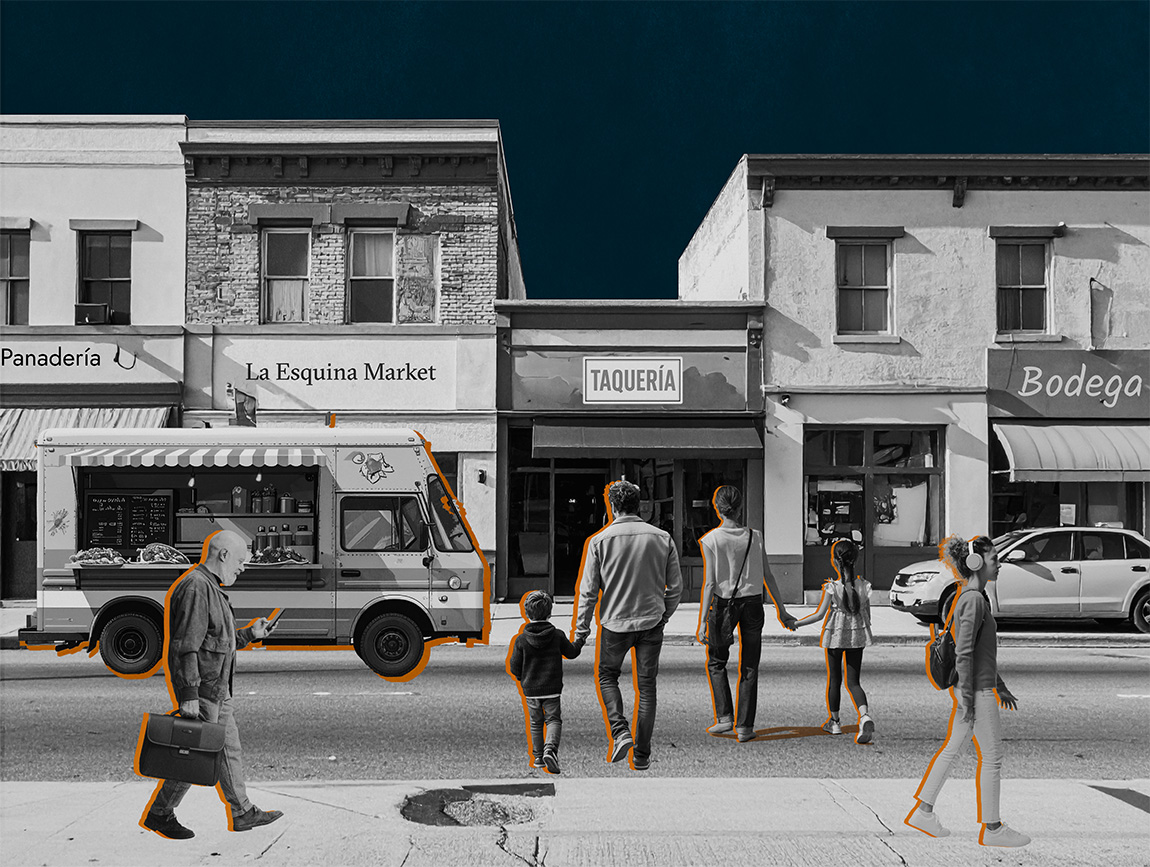
The Rise of Latino America
In The Rise of Latino America, Hernandez & Kotkin argue that Latinos, who are projected to become America’s largest ethnic group, are a dynamic force shaping the nation’s demographic, economic, and cultural future. Far from being a marginalized group defined by oppression, Latinos are integral to America’s story. They drive economic growth, cultural evolution, and workforce vitality. Challenges, however, including poverty, educational disparities, and restrictive policies, threaten their upward mobility. Policymakers who wish to harness Latino potential to ensure national prosperity and resilience should adopt policies that prioritize affordability, safety, and economic opportunity over ideological constraints.

Exodus: Affordability Crisis Sends Americans Packing From Big Cities
The first in a two-part series about the Great Dispersion of Americans across the country.

The AI Future: Between Certain Doom and Endless Prosperity
AI continues to become more complex and sophisticated, but public policy solutions do not.

The Castle, the Cathedral, and the College
Our civilization struggles to explain why anything should command allegiance beyond preference or power; its remnants echo a grandeur now distant.







